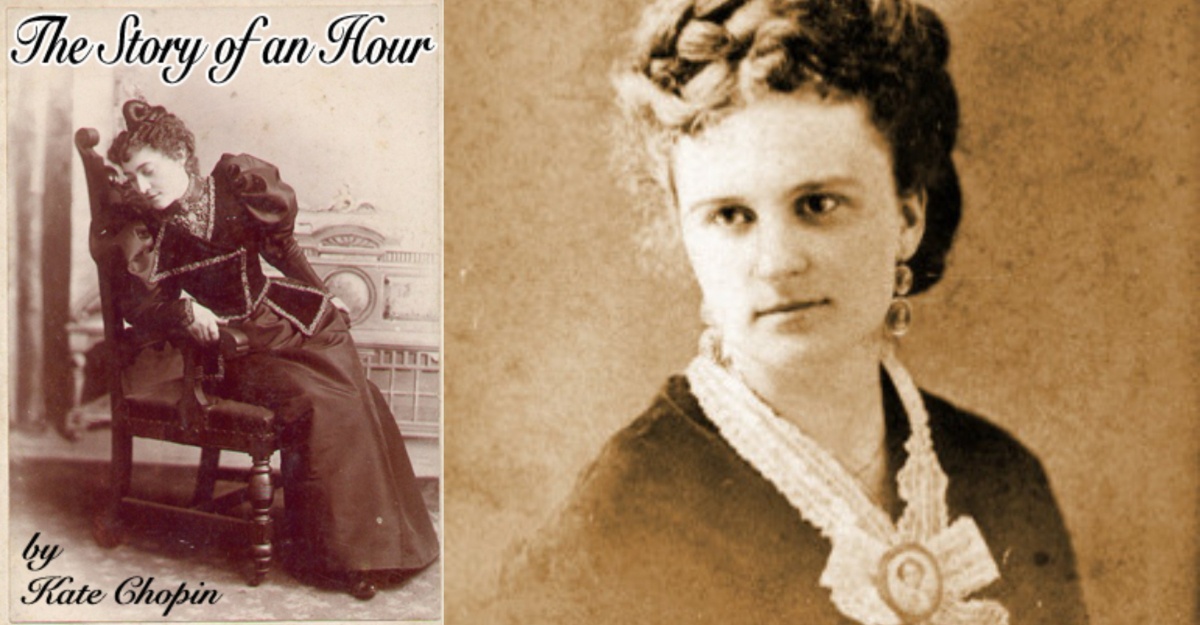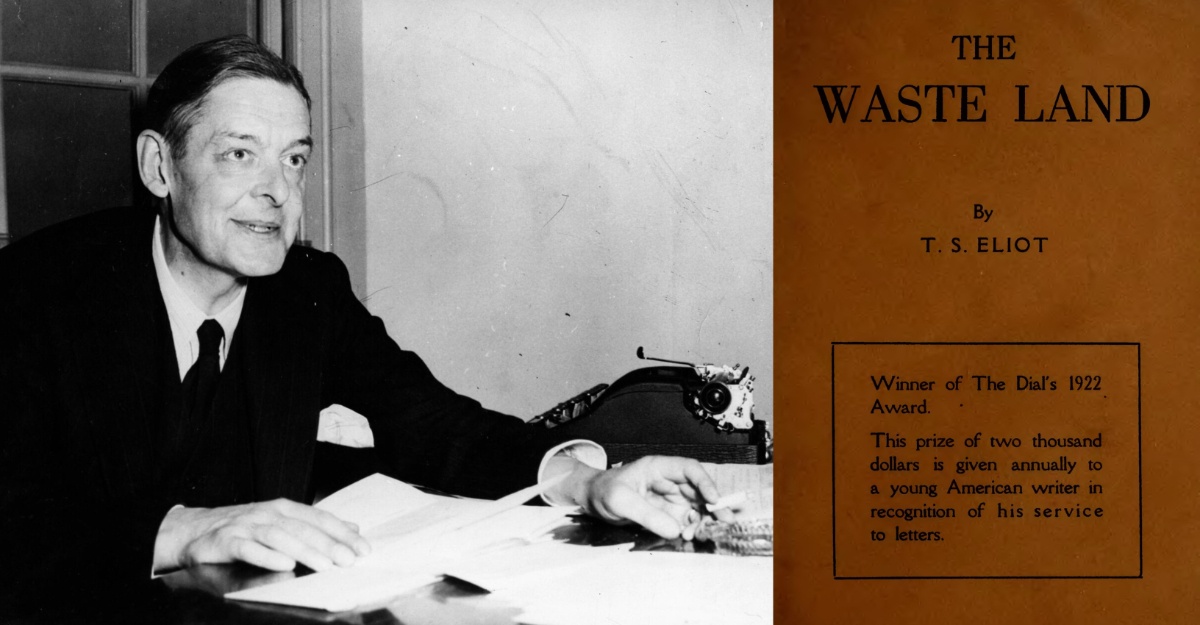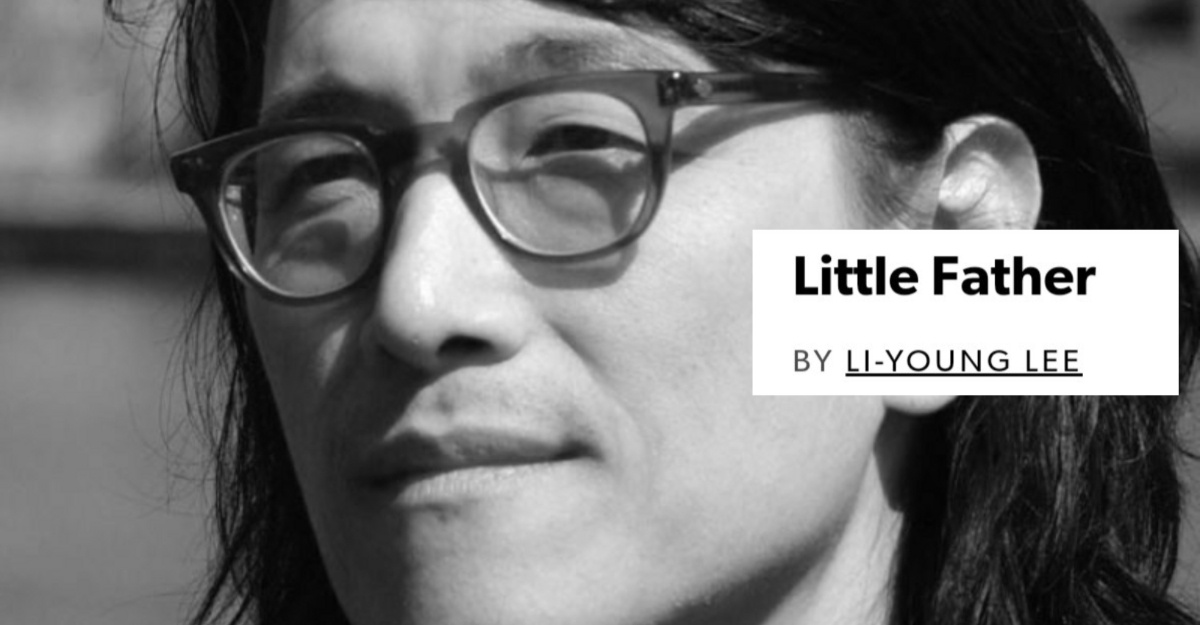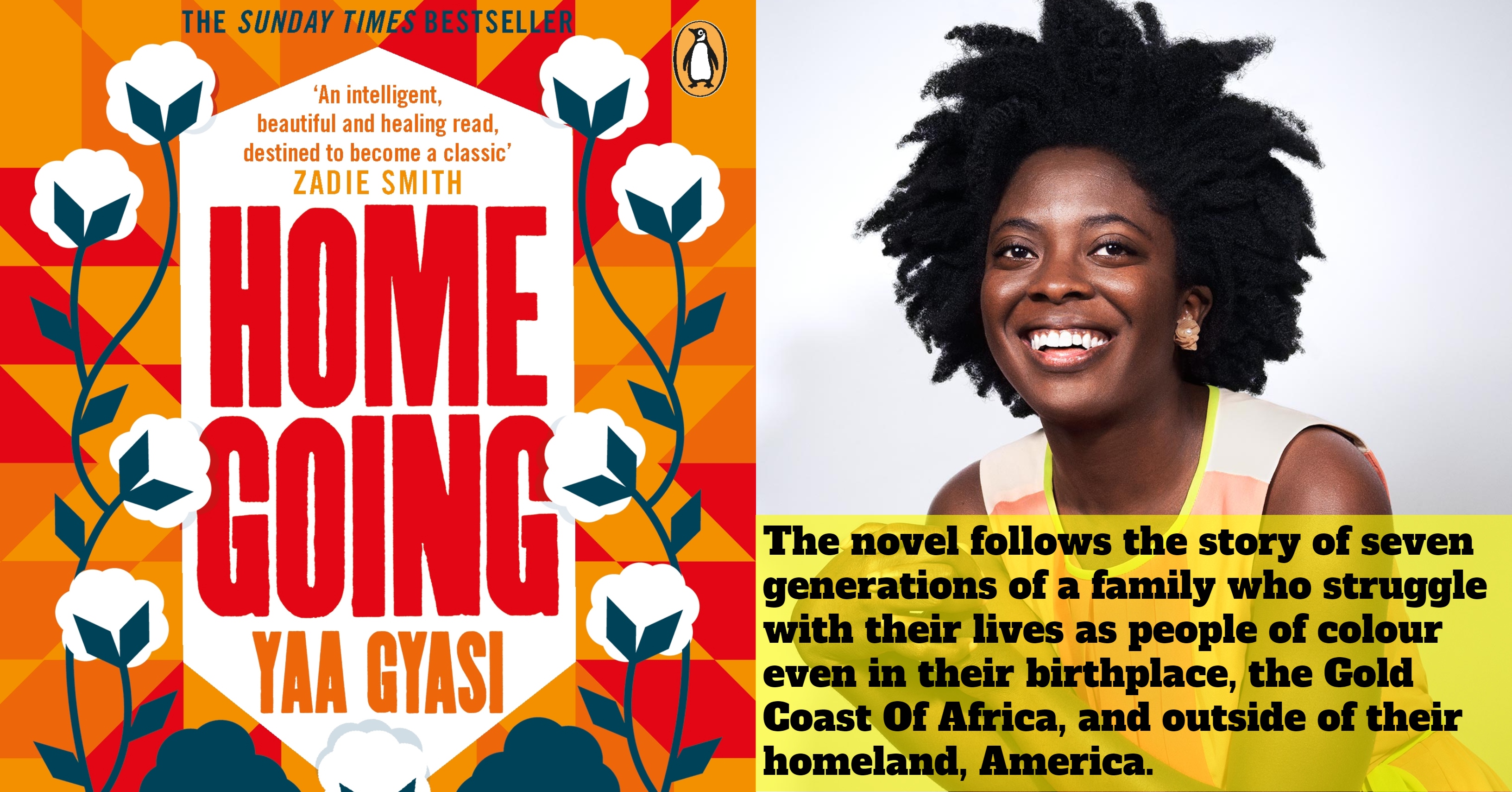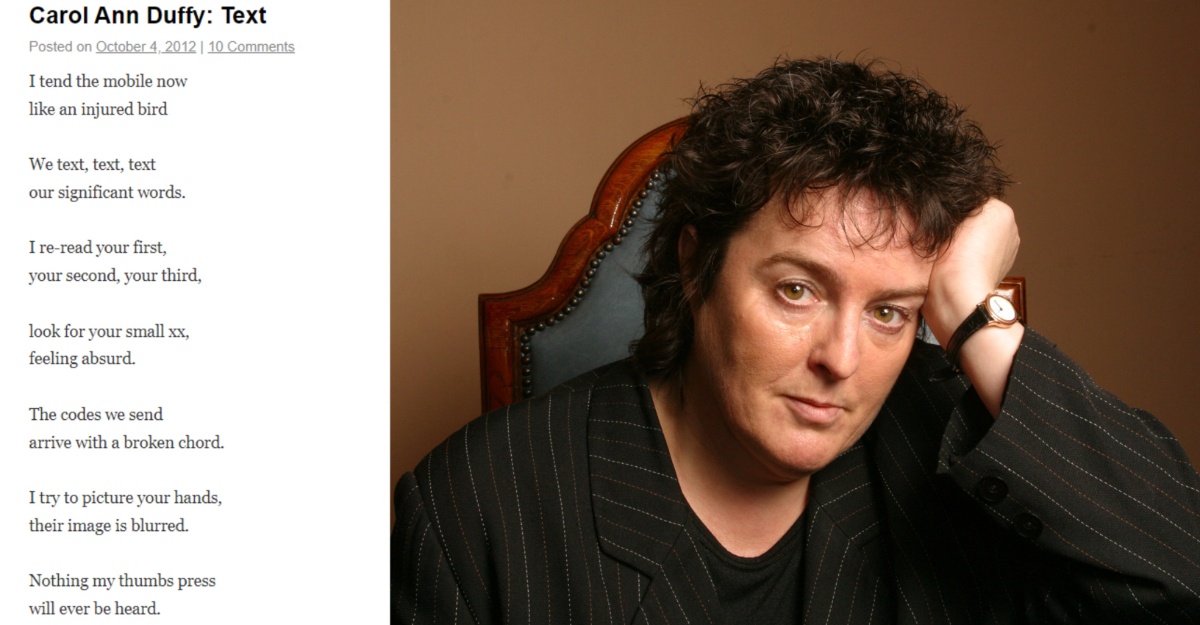Freedom is something that everyone wants. The land of liberty and choices, founded by Christopher Columbus, promises the American dream everyone aspires to live. And in the famous quote, everyone deserves to be free, regardless of gender, religion and skin colour.
The definition of freedom differs from one person to the other. For example, escaping a party your friends forced you to join might be liberating. Or maybe on a Friday night, while your colleagues go out to live that TGIF spirit, you’re in your room binge-watching your favourite dramas online.

In Kate Chopin’s “The Story of an Hour” (1894), freedom is depicted in a way many could relate to; free from the force that hinders you from achieving happiness.
Surpassing her time, this respected American writer shows that freedom can mend and break you throughout the still-studied short story.
Women and Freedom
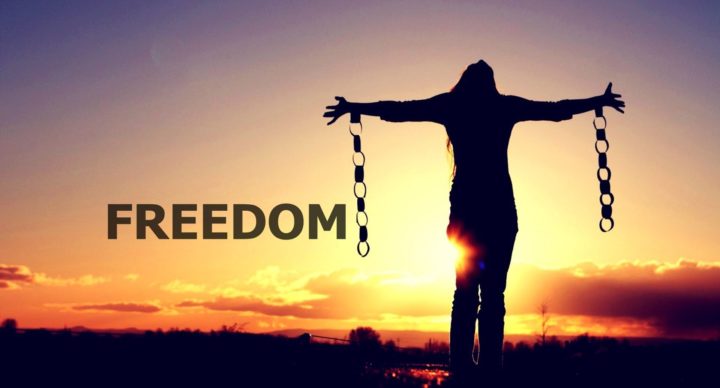
Back then, women weren’t given space to have their voice. The easier term for this is patriarchy, where men control a woman’s thoughts and desires as they feel superior to them. This practice exists because of man’s advantages of getting to work, proper education and the right to vote.
But, women are seen as an angel in the house. Their existence is fragile and should be protected at all costs. Yet, it is destructive to many women back them as they didn’t receive the same treatment men did. This understanding is the baseline of Chopin’s short story.
Freedom that heals and kills
(A crucial point of this story is Mrs Mallard suffers from heart disease. Do keep that in mind!)
The protagonist, Mrs Mallard, is ecstatic to discover the news of her husband’s death. Why? Because Mr Mallard has never given her everything she desires. Love, support and quality time, Mrs Mallard doesn’t get them. If we ponder about it, these are the essential components of marriage. Sadly, it’s far from what Mrs Mallard receives.
From another perspective, this short story is a bit dark since Mrs Mallard rejoices at the news of her husband’s sudden death. Who would be happy when their other half dies? But judging from the reason behind her triumph, we know this is the freedom she has wanted all her life. This freedom gives her monstrous satisfaction as she chants:
“[Mrs Mallard] said it over and over under her breath: “free, free, free!” (Chopin 2).
Although Mrs Mallard had “loved [Mr Mallard]—sometimes” (Chopin 2), it’s not enough to get rid of this sinful joy she feels upon her husband’s death.
A twist in fate
Sadly, Mrs Mallard’s freedom is short-lived. Unexpectedly, Mr Mallard enters the house— alive— with only dirt covering some parts of his clothing.
When she discovers the fatal truth, the ironic twist happens— Mrs Mallard passes away from the “joy that kills” (Chopin 3).
Freedom should be for all and not only for an individual. It’s a matter of embracing the sweetness of liberty and allowing yourselves to be happy.
You can read the story here or watch this video to understand more about this amazing piece. Happy reading!

